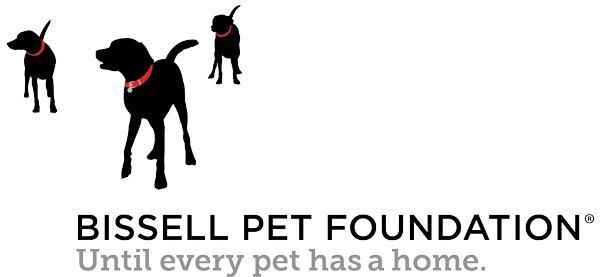Housebreaking your puppy: Do's and don'ts
The process of housebreaking often brings on feelings of nervousness and worry, but the process does not have to be stressful—for you or the puppy.
The truth is this is a situation in which you have Mother Nature working with you right from the start while puppy training. When the puppies are first born, they eat and they relieve themselves inside the den, but the mother always cleans them. There is never a scent of urine or feces where the puppies eat, sleep, and live. When they get old enough, they learn to use outside areas as they imitate their mother.
Conditioning
In this way, all dogs become conditioned never to eliminate in their dens. From two to four months of age, most pups pick up on the concept of housebreaking and crate training quite easily since it is part of their natural programming.
Related: Secrets to housebreaking adult dogs
Puppy’s digestive tract
Another built-in plus when it comes to housebreaking is our puppy’s digestive tract, which is extremely quick and efficient. Five to 30 minutes after the puppy eats, she’ll want to defecate. So with a consistent eating schedule, and your attention to the clock, your puppy can maintain regular trips outside.
In the early days of housebreaking, you also want to make sure the puppy has a place to relieve herself where she feels safe; a place that seems and smells familiar. Have you noticed how dogs will often eliminate in the very same spot they’ve done so before? The scent acts like a trigger.
Your energy
As always, remember that your own energy is a big factor in your housebreaking efforts. If you are feeling nervous or impatient or are trying to rush a puppy to relieve herself, that can also stress her out. Using a loud, high squeaky tone to encourage your puppy to “go potty” is a distraction to the dog, so try and avoid any conversation at all.
Setting a routine
First thing every morning, bring your puppy outside to the same general area. It is important to remain consistent throughout the process so your puppy can learn the habit.
Once your puppy has successfully gone outside, it is important to reward the good behavior. It doesn’t have to be a big, loud celebration, but a simple quiet approval or a treat can get the message across of a job well done.
Positive reinforcement
Don’t punish your puppy for an accident or do anything to create a negative association with her bodily functions. Stay calm and assertive and quietly remove the puppy to the place where you want him to go.
Done correctly, housebreaking should not be a turbulent production but just a matter of putting a little extra work into getting your puppy on a schedule during the first weeks after she arrives at your home. Don’t let unnecessary stress over this very natural, uncomplicated process taint any of the joy surrounding the puppy training process and your new dog’s puppyhood.









